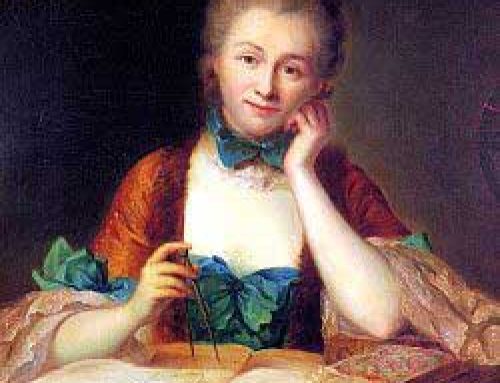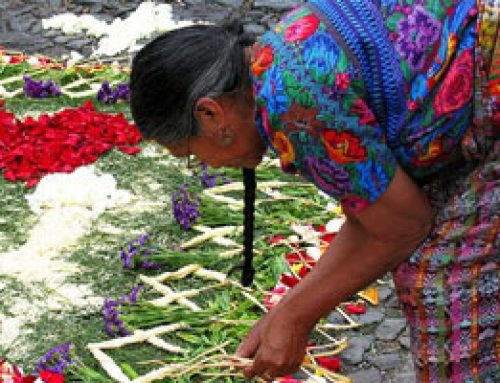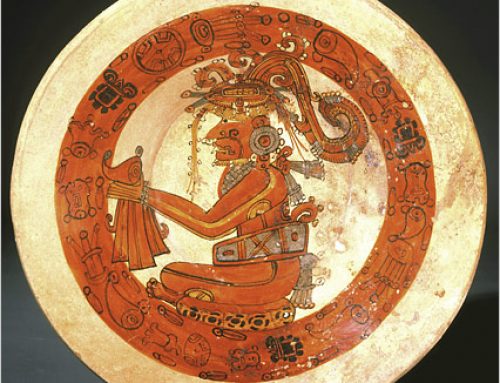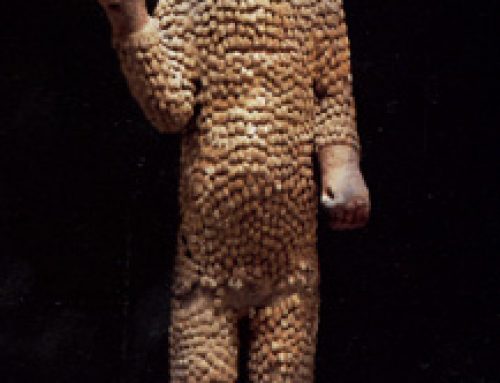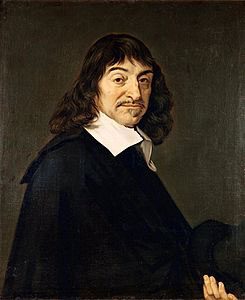
René Descartes – Enlightenment philosopher
How do we know what is true?
All this fighting about religion and new ideas coming from Africa and the Americas, China and India meant that people in Europe spent a lot of time thinking about what they really believed.
Religion in Early Modern Europe
Thirty Years’ War
Medieval philosophy
All our modern Europe articles
So by 1630 AD, some people got some new ideas about God. This was the beginning of the Enlightenment. In 1630, Rene Descartes wrote that people should only believe things that had been proven to be true. They should start from basic ideas that everyone knew were true. You shouldn’t believe things just because your priest told you, or because it was in the Bible.
More about Descartes
How do we know what is real?
Descartes set off a whole bunch of other philosophers who tried to do what he said: start from basic ideas and see where that took them. John Locke, for example, argued that we only know things through our senses. Margaret Cavendish wrote that she didn’t even believe people had souls.
More about John Locke
Who was Margaret Cavendish?
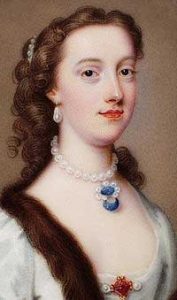
Margaret Cavendish– Enlightenment philosopher
Freedom of religion/freedom from religion
As scientific thinking got more popular, Christianity got less popular. People started to be angry about all the power and land and money that the Christian bishops and ministers had. In 1750, the Catholic Church owned about six percent of the land in France.
History of Christianity
Luther and the Reformation
Who were the Jesuits?
The Church collected its own ten percent income tax (or tithe). But by 1763, the French king threw the Jesuits out of France.
The French Revolution
In 1789, people involved with the French Revolution not only killed the king and the rich men, but also smashed up a lot of churches and monasteries.
French Revolution
The Revolution took all the Catholic land and money for the new democratic government. The revolutionaries declared that everyone could pray however they wanted – Jews, Muslims, Protestants and Catholics, everyone could have whatever religion they wanted, or none at all.
More about the Jesuits
More about Descartes
And more about Cavendish
Bibliography and further reading about European religion:
